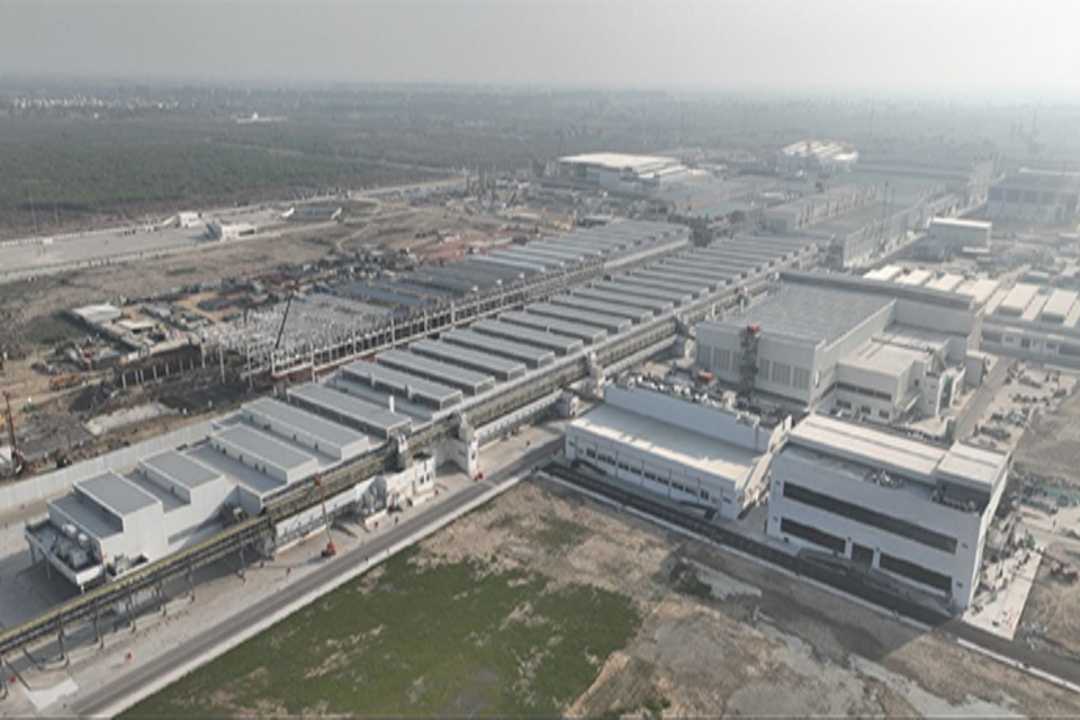Maruti Suzuki India, the nation’s top automobile manufacturer, is poised for a major leap into the electric vehicle (EV) sector. In preparation for the introduction of its inaugural electric vehicle, a midsize SUV named Concept eVX, set to debut in January 2025, the company is rolling out an ambitious plan to develop an expansive charging infrastructure across India. This initiative is seen as a key move in addressing one of the primary barriers to widespread EV adoption in the country— the insufficient availability of reliable charging stations.
According to multiple industry insiders familiar with Maruti Suzuki’s roadmap, the company intends to set up around 25,000 EV charging stations across the nation. This vast network is aimed at overcoming the critical shortfall of charging points, a major factor that has hindered the growth of electric mobility in India. By building such an extensive infrastructure, Maruti Suzuki hopes to play a pivotal role in accelerating the country’s transition to electric vehicles.
To bring this vision to fruition, the automaker is implementing a multi-pronged strategy. First and foremost, it plans to capitalize on its already expansive network of over 5,100 service centers, which are spread across 2,300 cities in India. These centers will be outfitted with dedicated EV charging bays, turning them into dual-function sites that cater to both vehicle maintenance and electric charging. This approach not only supports the increasing number of EV users but also maximizes the utility of Maruti’s vast network.
In addition to utilizing its existing facilities, Maruti Suzuki is actively collaborating with oil marketing companies (OMCs) and energy firms to further extend its charging infrastructure beyond its own outlets. The goal is to create a widespread and easily accessible charging network that caters to both urban and rural customers. By engaging in these partnerships, the company is seeking to foster a more inclusive and wide-reaching EV charging ecosystem across India.
A source close to the company’s plans disclosed that Maruti Suzuki has already initiated surveys at its dealer workshops to evaluate their potential for housing EV charging infrastructure. As part of this plan, the automaker envisions each service center being equipped with at least one dedicated EV charging bay and a minimum of two charging points. This initiative would not only bolster the country’s charging capacity but also transform Maruti’s service centers into key EV support hubs that cater to the growing needs of electric vehicle owners.
In preparation for this shift to electric mobility, Maruti Suzuki has also begun investing in the upskilling of its workforce. The company has launched specialized training programs for its service technicians, with the first sessions already underway in Bengaluru. By equipping its employees with the skills and knowledge necessary for servicing electric vehicles, Maruti is ensuring that its workforce will be ready to meet the unique demands of EV maintenance and repair.
The company’s outreach doesn’t stop within its own network. Reports suggest that Maruti Suzuki has approached oil marketing companies with proposals to establish EV charging and servicing points at fuel stations across the country. This move has the potential to leverage the extensive network of fuel stations, which are widely distributed and accessible in both urban and remote areas, providing even greater access to charging facilities for EV owners.
This comprehensive and forward-thinking strategy highlights Maruti Suzuki’s dedication to supporting electric mobility in India. By focusing on expanding the country’s charging infrastructure, the company is positioning itself as not only a manufacturer of electric vehicles but also as a key player in the larger EV ecosystem. Maruti’s proactive approach in addressing one of the most significant challenges to EV adoption demonstrates its commitment to driving the electric revolution in India, setting the stage for its broader role in the future of sustainable transportation.
Maruti Suzuki India, the country’s leading automobile manufacturer, is known for its innovative, affordable, and fuel-efficient vehicles. Established in 1981, the company has become synonymous with reliable transportation in India. With a strong market presence, an extensive service network, and upcoming plans for electric vehicles, Maruti Suzuki continues to shape India’s automotive industry for the future.








